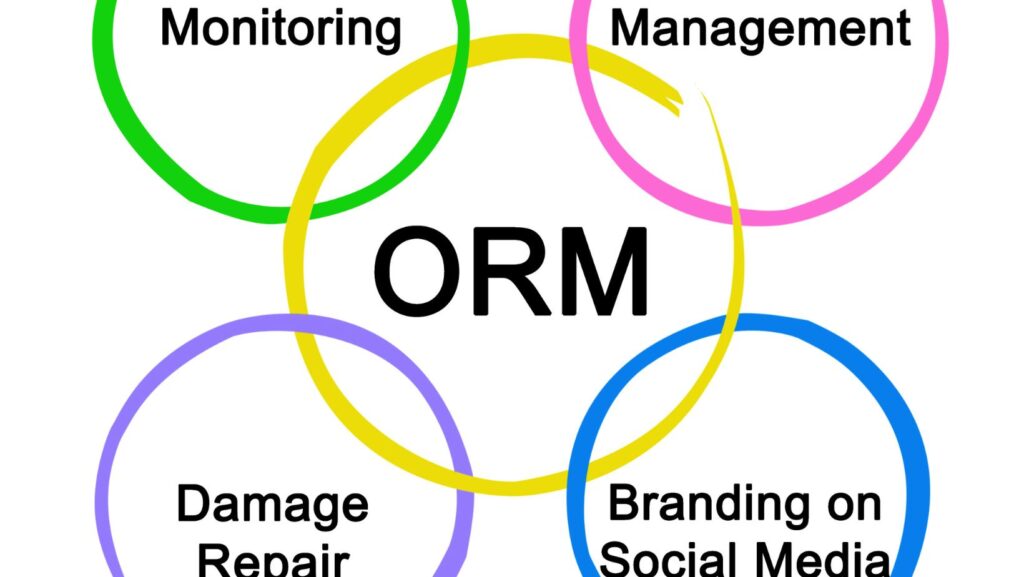
Which of the Following Principles are Part of the Orm Program
When it comes to managing risks and ensuring the safety of our operations, the principles of the Operational Risk Management (ORM) program play a crucial role. These principles serve as a guiding framework that helps organizations identify, assess, and mitigate potential risks. In this article, I’ll delve into the key principles that are part of the ORM program. By understanding these principles, you’ll be equipped with the knowledge to enhance safety, make informed decisions, and protect your organization from unforeseen hazards. So, let’s dive in and explore the fundamental principles of the ORM program together.
Risk management is a vital aspect of any organization’s success, and the ORM program is designed to provide a systematic approach to dealing with potential risks. In this article, I’ll walk you through the principles that form the foundation of the ORM program. From the importance of risk assessment to the significance of communication and decision-making, we’ll cover it all. By the end of this article, you’ll have a comprehensive understanding of the principles that are essential for implementing an effective ORM program. So, let’s get started and uncover the key principles that drive successful risk management.
Importance of Risk Assessment
In the world of Operational Risk Management (ORM), risk assessment plays a crucial role in identifying and understanding potential risks that can impact an organization’s operations, reputation, and financial standing. As an experienced blogger in this field, I can confidently say that risk assessment is one of the fundamental principles of an effective ORM program.
Here’s why risk assessment is so vital:
- Identifying Potential Risks: The first step in managing operational risks is to identify them. Through a comprehensive risk assessment process, organizations can identify and categorize potential risks based on likelihood and impact. This allows them to prioritize their risk management efforts and allocate resources accordingly.
- Understanding Impact: Risk assessment enables organizations to gain a clear understanding of the potential impact that each identified risk could have on their operations. This knowledge helps in determining the severity of the risk and evaluating the potential consequences it may have on the organization’s objectives.
- Informed Decision-making: By conducting risk assessments, organizations are able to make informed decisions when it comes to risk mitigation strategies. The insights gained from risk assessments provide valuable information for prioritizing risk controls and determining the most appropriate course of action to reduce or eliminate risks.
- Resource Allocation: Resources are limited, and organizations need to allocate them effectively. Risk assessments help in identifying the most critical risks and the resources needed to manage them. By understanding the potential impact and likelihood of various risks, organizations can allocate their resources strategically to minimize the negative impact of these risks.
- Continuous Improvement: Risk assessment is not a one-time process. It should be an ongoing practice within an ORM program. By regularly reviewing and updating risk assessments, organizations can adapt to changing circumstances, new risks, and emerging trends. This promotes continuous improvement and ensures that the ORM program remains effective and relevant.
Risk assessment is a vital component of any well-rounded ORM program. It helps organizations identify, understand, and prioritize potential risks, enabling them to make informed decisions and allocate resources effectively. By embracing risk assessment as a fundamental principle, organizations can be proactive in managing operational risks and protect themselves from unforeseen hazards.

Significance of Communication and Decision-Making
Effective communication and decision-making are critical components of any successful Operational Risk Management (ORM) program. They play a crucial role in mitigating risks, resolving issues, and ensuring the smooth operation of an organization. In this section, I’ll explain the importance of these principles within an ORM program.
Communication:
- Facilitates information sharing: Good communication channels allow for the flow of information throughout an organization. This ensures that everyone is aware of potential risks and can take appropriate actions to address them.
- Promotes transparency: Open and clear communication fosters transparency within an organization. By sharing information about risks and controls openly, employees can understand the importance of their roles in managing operational risks.
- Enables early risk identification: Effective communication encourages employees to voice their concerns and report any potential risks they identify. This helps in early risk detection and allows for timely and appropriate risk response.
Decision-Making:
- Informed decision-making: A structured ORM program relies on accurate data and information to make informed decisions. This includes assessing risks, evaluating control effectiveness, and prioritizing risk management efforts.
- Adaptive decision-making: As risks evolve and new challenges arise, it’s essential to have the flexibility to adapt strategies and make decisions accordingly. By continuously monitoring and evaluating risks, an ORM program can make proactive adjustments to control mechanisms.
- Allocating resources effectively: A sound decision-making process helps in allocating resources efficiently. By considering the potential impact and likelihood of risks, organizations can prioritize their risk management efforts and allocate resources where they are most needed.
Effective communication and informed decision-making are fundamental principles within an ORM program. They enable organizations to identify and mitigate potential risks, promote transparency, and allocate resources effectively. By embracing these principles, organizations can ensure a proactive approach to managing operational risks and safeguard their long-term success.












